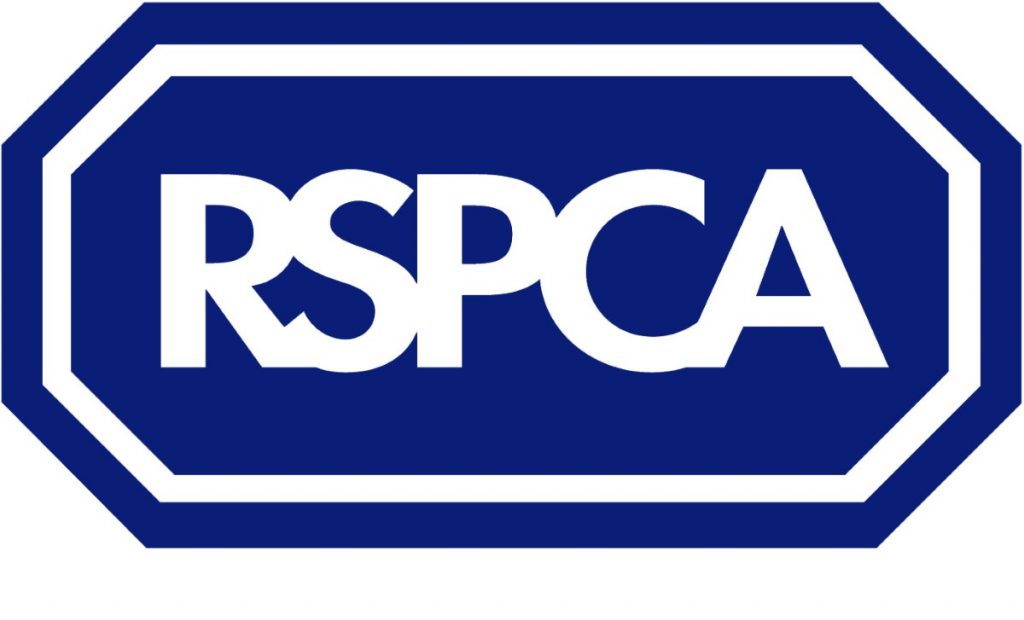RSPCA fears the horse passport system is ‘broken’
23% rise in people prosecuted for equine-related offences
In the wake of the horse meat scandal and ongoing welfare concerns for horses, the RSPCA is again expressing its deep concern about the usefulness of the horse passport system, which aims to keep track of horses for disease control.
The RSPCA has found that three quarters of the horses we take in do not have passports and are not microchipped, a legal requirement. A lack of enforcement means that owners don’t keep passports updated and many horses aren’t microchipped or don’t have their up-to-date details registered. This makes it much more difficult to track down those responsible if there are concerns about horses’ welfare.
RSPCA equine co-ordinator, chief inspector Cathy Hyde, said: “The passport system is failing and we estimate that a shocking 75% of horses coming into RSPCA care are not microchipped.
“Passports are not updated and, without microchipping or a central database, there is no enforcement. Horses can change hands for a small amount of money and end up in the hands of irresponsible owners and traders.
“They can’t be traced back to their owners, making it very difficult to prosecute and try to stop these people keeping horses.”
Last year in England, 146 people were served with a summons relating to horse welfare, compared to 119 in 2011, a 23% rise. The number of charges rose from 426 in 2011 to 779 in 2012.
The RSPCA in England also received more than 23,000 complaints about horse welfare in 2012 (23,765), with an extra 2,207 received in Wales.
The numbers confirm concerns voiced by horse welfare charities in October last year in a report on the approaching equine crisis facing England and Wales.
Last week the House of Commons committee on food and rural affairs recognised in its report (published 14 February) that the passport system was failing to stop horses entering the meat trade, and the RSPCA believes that the welfare and population crisis amongst horses is increasing the pressure to evade passport controls.
Horses taken in by the RSPCA and not microchipped/registered include:
· An injured mare found at the side of a road in Ribchester, Lancs in December 2012 – she had no microchip
· A three year old pony mare found injured and in foal on a road in Stockport in December 2012. She was microchipped and registered to a breeder, but she had been sold through Clitheroe market and there was no record of her purchaser. Her chip had not been re-registered.
· A three year old colt abandoned on a road in Manchester in January 2013 with no microchip.
· A six-month-old filly found abandoned in Manchester in January with no microchip and in poor condition
· Two young ponies found at the side of a road in Stockport in February. One was microchipped but the chip had not been registered. The owner was traced and admitted ‘fly grazing’ on public land as they did not have the money to keep them in a livery yard.
Chief inspector Hyde added: “Our inspectors investigated more than 4,900 complaints involving equines in 2012 and are always working hard to improve the lives of those animals.
“Together with irresponsible breeding, many owners have ended up with too many horses that they either can’t or don’t want to look after. Some dealers have over 2,000 horses, the majority of which will not have passports.
“They need to be made accountable which proper enforcement of the passport system might help with.”
What the Government and public can do:
The Government should introduce legislation targeting fly grazing as no existing laws adequately address the problem
Introduce legislation or mechanisms to better link horses to owners so enforcement agencies and landowners can take action where needed
Increased intelligence-led enforcement of horse imports and exports
Review the Tripartite agreement that allows the import and export of vulnerable horses and ponies into and out of Britain from Ireland and France
Encourage responsible breeding through guidance and the facts on the unprofitability of the lower end of the horse market
The horse owning public can respond to this crisis and play an important part in rehoming horses and ponies, or in supporting the RSPCA through donations
If horse owners need help, please contact one of the horse welfare charities for advice before their situation escalates into a welfare problem
Members of the public can also write to their MP and ask them to lobby the Secretary of State about the national horse crisis and ask them to support tougher laws to encourage responsible ownership and improve enforcement.
-ends-
Notes to editors
Our inspectors investigated 4,926 complaints involving equines in 2012. The numbers are less than the complaints received because often multiple complaints are received about the same group of animals.303 123 0099
Duty press officer (evenings and weekends) Tel 08448 222888 and ask for pager number 828825
To arrange an interview, please contact the press office on 0300 123 0244/0288.
RSPCA, Wilberforce Way, Southwater, Horsham, West Sussex RH13 9RS
Press office direct lines: 0300 123 0244/0288
Email: press@rspca.org.uk Website: www.rspca.org.uk
Dogs come in all shapes, sizes and breeds! Check out our top tips for
canine care:
http://blogs.rspca.org.uk/insights/2013/01/03/meeting-your-dogs-welfare-needs/
—————————————————————————————————————————————————————
Royal Society for the Prevention of Cruelty to Animals registered charity no: 219099 Registered office: RSPCA, Wilberforce Way, Southwater, Horsham, West Sussex, RH13 9RS





-01.png)